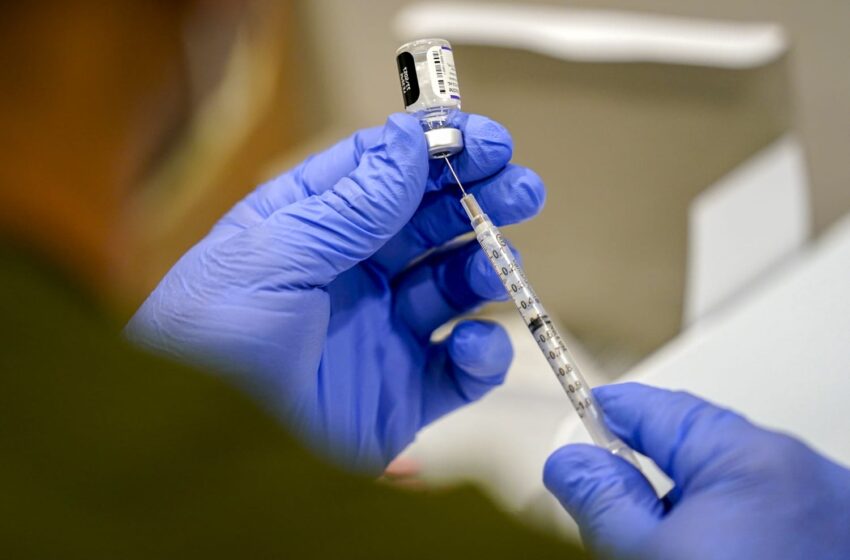FDA restricts COVID Vaccine access: What you need to know

A health care worker fills a syringe in Miami in 2021. Credit: Lynne Sladky / AP file
The Food and Drug Administration (FDA) has tightened access to updated COVID-19 vaccine for the 2025-2026 season, limiting eligibility to seniors aged 65 and older and younger people with serious underlying health conditions such as asthma, obesity, cancer, or mental health issues.
Unlike previous years, when vaccines were widely available to all adults, this season’s approval applies only to those deemed at high risk of severe illness. Children face even stricter limits, Pfizer’s COVID vaccine is no longer authorized for kids under 5, and Moderna’s is reserved for children with medical vulnerabilities.
This change comes after the FDA revoked Emergency Use Authorizations (EUAs) for COVID-19 shots, shifting access to full approvals and restricting how widely they can be distributed. Physicians may still administer vaccines off-label, but pharmacists and insurers are unlikely to do so without formal approval, creating new barriers for healthy individuals under 65.
READ ALSO
mRNA Vaccine: Here’s why RFK Jr. pulled $500M in funding
Backlash, Confusion, and State Pushback
Medical organizations, including the American Academy of Pediatrics and the American College of Obstetricians and Gynecologists, have criticized the decision, warning it could leave millions unprotected. Some groups argue the FDA ignored scientific evidence and undermined trust in public health policy.
Insurance coverage adds another layer of uncertainty. While providers like Kaiser Permanente and Blue Shield of California say they will continue covering vaccines broadly, others may require patients to pay out of pocket, costs that could reach $150 to $200 per dose.
At the state level, resistance is already emerging. In Colorado, health officials announced they may adopt broader guidelines that align with medical associations rather than the FDA, signaling potential nationwide conflicts over who gets vaccinated.
Why the Decision Matters
The FDA’s restrictions come amid rising COVID-19 cases and just before respiratory virus season. Critics say narrowing vaccine access risks worsening outbreaks, especially as vaccination rates have already declined. Others fear the decision will erode public trust, particularly after years of shifting vaccine guidance.
The Centers for Disease Control and Prevention (CDC) is expected to issue updated recommendations soon. Those guidelines will be crucial, since many states tie pharmacists’ authority and insurance coverage to CDC policies. Until then, access will remain fragmented, with decisions varying by state and healthcare provider.

